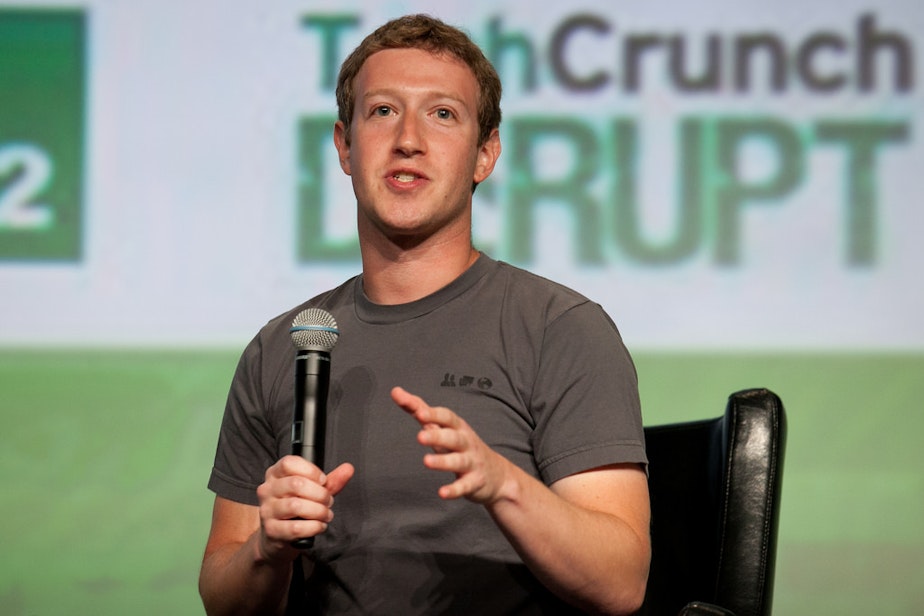How misleading Facebook ads played out in a Seattle election

KUOW's Kim Malcolm talks with The Stranger associate editor Eli Sanders about how micro-targeting of Facebook ads has been used in Seattle elections.
Sanders has written about misleading Facebook advertisements put out by Scott Lindsay, a candidate for Seattle City Attorney last fall.
On the details of candidate Scott Lindsay's Facebook ads:
Eli Sanders: There were four advertisements, presented as property crime reports for different neighborhoods in Seattle. They said Seattle has the highest property crime rate per capita of any major city in the United States, which was misleading.
He was only comparing Seattle to a small subset of American cities. Just 20. Within that subset, Seattle had the highest property crime rate. But as the Seattle Times pointed out, he was excluding cities like Boston or Washington D.C. Really, it should have been comparing 50 major cities. If you do that, Seattle is not the top city in terms of property crime.
Sponsored
For decades, candidates have been using television and radio to reach potential voters. And we know that candidates put out misleading statements regularly. What's different about using social media?
Eli Sanders: What's different is the ability to narrowly target certain ads at specific types of people. Social media is a vehicle for collecting tremendous amounts of data on its users.
If you use Facebook you are actually Facebook's product. It collects data about you and it sells that data to advertisers. In this case, it's selling the data to the campaign of Scott Lindsay.
On Facebook, a lot of people just look at the news feed. Most people don't click beyond the headline, which is how we get a lot of people who are very misinformed about current events, or in this case about crime in their city.
Seattle has a law on the books that requires platforms like Facebook to disclose data about political advertising. You tried to get this data. How did that work out?
Sponsored
Eli Sanders: Well, it's been a long journey. After months, the companies began turning over information.
Facebook's first attempt in February was laughably insufficient. The director of the Seattle Ethics and Elections Commission said it didn't come close to complying with their public obligations. And at that point he declared them in violation of Seattle's law.
Facebook more recently divulged a lot more data. But there are also problems with that data.
If social media companies were to fully comply with this law, what would you hope to learn?
Eli Sanders: I would like to be able to bring daylight to the so-called dark ads on social media. That's what a targeted political ad on Facebook is. It's dark to everyone who's not targeted.
Sponsored
We should have a mechanism for daylighting those dark ads. That's what I'm trying to do.
So more transparency heading into an election?
Eli Sanders: Exactly. Facebook, Google, and all of the tech giants will say they are for transparency in election ads. But the proof will be in what they actually end up doing to bring transparency to election ads, and particularly these dark ads.
How as a society can we navigate the role of social media in political campaigns?
Eli Sanders: I think we need to recognize that this is a recent intervention in our civic life. A recent change in the way we process information in our democracy. And it’s been a bumpy ride. I think everyone would admit that.
Sponsored
We don't have to accept how it's turned out at the moment. I think everyone, including the tech giants see that there needs to be more transparency in political ads, and more clarity about who's purchasing them and who's being targeted by them.


